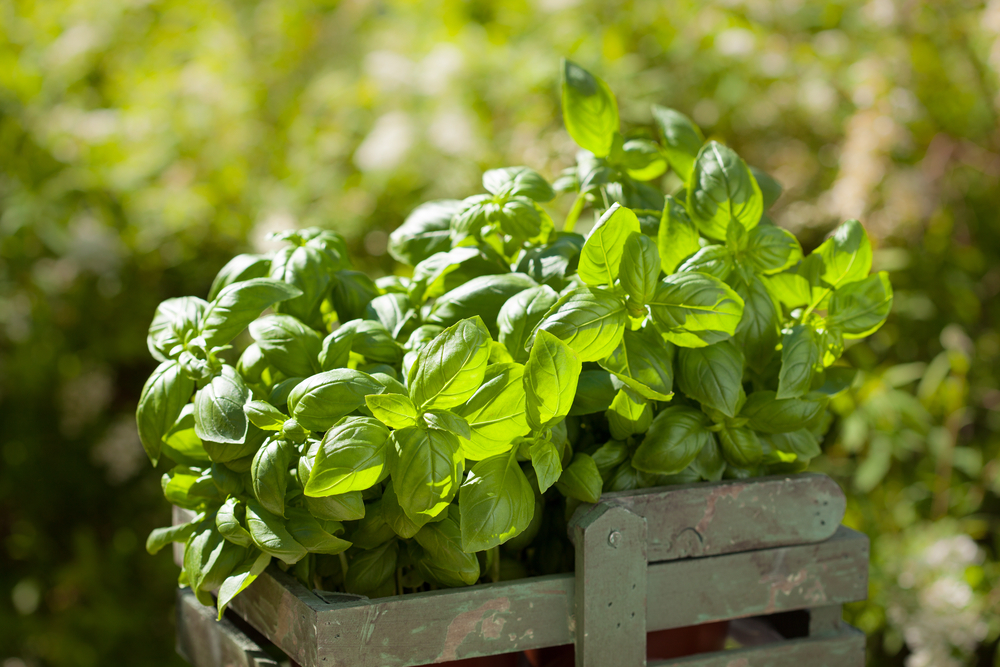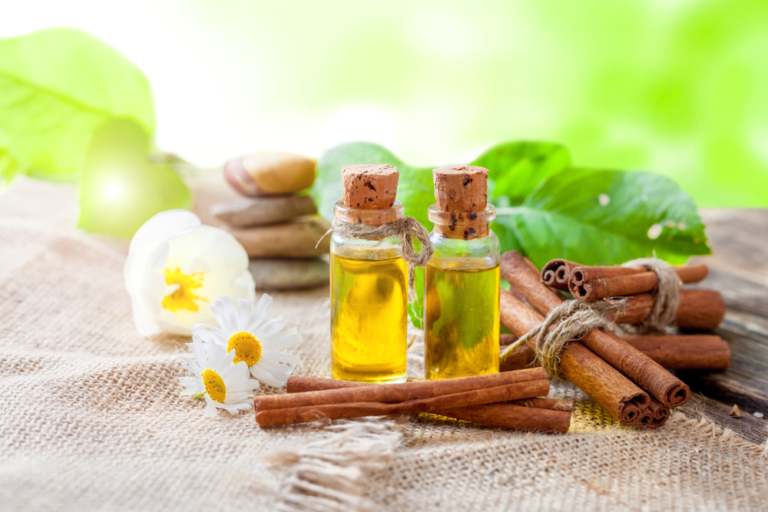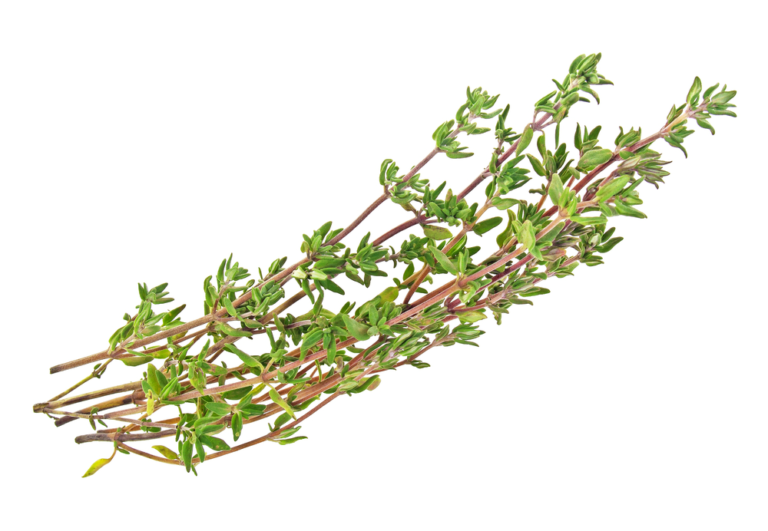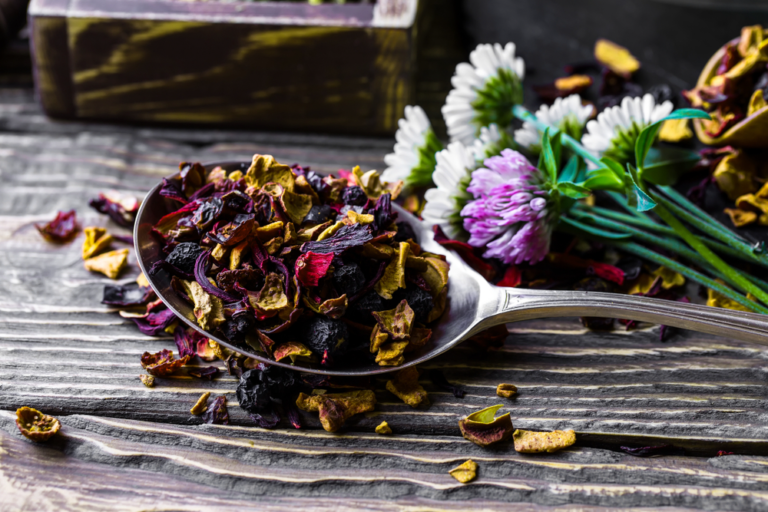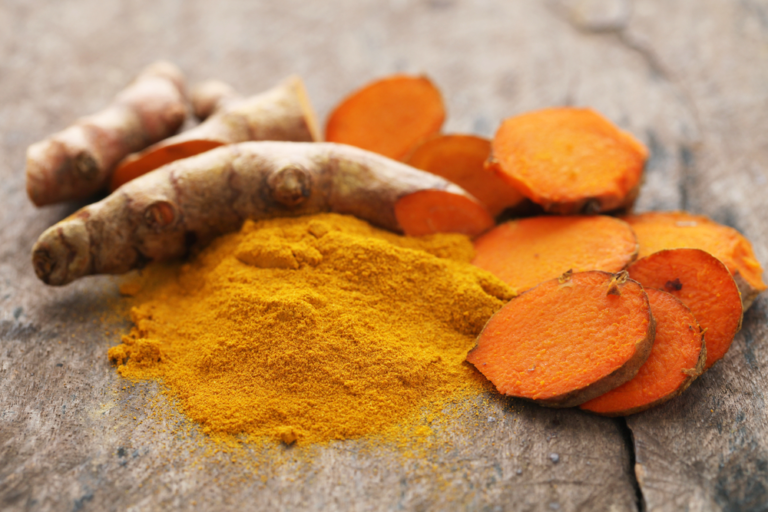Healing Potential of Basil
If you’ve ever enjoyed a delicious caprese salad or a flavorful pesto sauce, you may have already experienced the aromatic and versatile herb known as basil.
But did you know that this cherished ingredient not only adds a burst of flavor to your dishes, but also has powerful healing properties? From ancient times, basil has been used in various medicinal practices for its ability to aid in digestion, relieve stress, and even fight off illnesses.
In recent years, the healing potential of basil has gained more attention in the scientific community, leading to numerous studies and research on its health benefits.
In this article, we will delve into the fascinating world of basil and explore how this humble herb can be harnessed to promote healing and well-being.
Whether you’re a home cook looking to incorporate more herbs into your meals or someone seeking natural remedies for common ailments, learning about the healing potential of basil may just inspire you to add it to your daily routine.
Table of Contents Healing Potential of Basil
Discover the medicinal properties of basil
Basil, a fragrant herb commonly used in culinary dishes, holds a plethora of medicinal properties that have been recognized for centuries.
By harnessing the healing potential of basil, you can experience an array of health benefits.
For instance, basil is known for its anti-inflammatory properties, which can help alleviate symptoms of arthritis and reduce the risk of chronic diseases.
Additionally, basil contains antioxidants that protect the body against free radicals and promote overall well-being.
Its antibacterial properties can combat infections and support a healthy immune system.
Furthermore, basil has been found to have anti-anxiety and stress-relieving effects, making it a natural remedy for promoting mental health.
Incorporating basil into your daily routine, whether through teas, essential oils, or fresh leaves in your meals, can be a simple yet effective way to take advantage of its medicinal qualities and improve your overall health.
Learn how to incorporate basil into your diet
When it comes to incorporating basil into your diet, there are various ways to enjoy its distinct flavor and reap its health benefits.
One simple method is to add fresh basil leaves to your salads, pasta dishes, or sandwiches, providing a refreshing and aromatic touch.
You can also infuse basil into oils or vinegar to create flavorful dressings or marinades.
Another option is to blend basil into smoothies or juices for an added burst of freshness and nutrients.
Additionally, incorporating dried basil into your spice blends or using it as a seasoning for roasted vegetables or grilled meats can enhance the flavors of your dishes.
Exploring recipes that highlight basil as a key ingredient, such as pesto or caprese salad, can introduce you to new and delicious ways to enjoy this versatile herb.
By finding creative ways to incorporate basil into your meals, you can unlock its healing potential and enhance your culinary experience.
Harness the anti-inflammatory benefits
Harnessing the healing potential of basil goes beyond its delightful flavor and aromatic qualities.
Basil is also known for its impressive anti-inflammatory properties, making it a valuable addition to your diet.
By incorporating basil into your meals, you can harness its ability to reduce inflammation in the body.
This can be particularly beneficial for individuals dealing with chronic inflammatory conditions such as arthritis, asthma, or inflammatory bowel disease.
The active compounds found in basil, such as eugenol and rosmarinic acid, have been shown to inhibit inflammatory enzymes and modulate the immune response.
Whether you choose to sprinkle fresh basil on your salads or infuse basil into your cooking oils, you can take advantage of its anti-inflammatory benefits and support your overall health and well-being.
Utilize basil for digestive health
To further harness the healing potential of basil, you can utilize this versatile herb for improving digestive health.
Basil possesses natural compounds that can aid in digestion and alleviate digestive discomfort.
The essential oils present in basil, including eugenol, cineole, and linalool, have been shown to promote the secretion of digestive enzymes, facilitating the breakdown of food and enhancing nutrient absorption.
Additionally, basil exhibits carminative properties, meaning it can help to relieve gas and bloating.
Whether brewed into a soothing tea or incorporated into dishes like soups, stews, or stir-fries, basil can be a valuable tool in supporting a healthy digestive system.
By incorporating basil into your meals, you can harness its digestive benefits and promote optimal gastrointestinal function.
Boost your immune system naturally
In addition to its impact on digestive health, basil can also play a role in boosting your immune system naturally.
This herb is rich in essential nutrients, including vitamin C, vitamin A, and antioxidants, all of which are crucial for strengthening the immune system and fighting off infections.
The antioxidants in basil, such as rosmarinic acid and flavonoids, help protect the body’s cells from damage caused by free radicals, reducing the risk of chronic diseases and supporting overall immune function.
Adding fresh basil to your meals or enjoying it as a tea can provide a flavorful and effective way to harness the immune-boosting properties of this remarkable herb.
By incorporating basil into your daily routine, you can fortify your immune system and enhance your body’s ability to defend against illness and disease.
Relieve stress with basil aromatherapy
Harnessing the Healing Potential of Basil extends beyond its immune-boosting properties.
This versatile herb can also aid in the reduction of stress and anxiety through the practice of basil aromatherapy.
When the leaves of basil are crushed or distilled, they release essential oils that contain compounds known for their calming and soothing effects.
Inhaling the aroma of basil essential oil can help promote relaxation, alleviate tension, and provide a sense of tranquility.
To incorporate basil aromatherapy into your daily routine, you can add a few drops of basil essential oil to a diffuser or mix it with a carrier oil for a soothing massage.
By harnessing the potential of basil in this way, you can create a peaceful environment that encourages relaxation and supports your overall well-being.
Treat skin conditions with basil
To harness the healing potential of basil for treating skin conditions, you can create a homemade basil-infused skin toner.
Start by steeping a handful of fresh basil leaves in boiling water for 10 minutes.
Allow the mixture to cool, then strain out the leaves.
Using a cotton pad, apply the basil-infused liquid to your skin, focusing on areas affected by conditions such as acne, inflammation, or irritation.
Basil contains antibacterial and anti-inflammatory properties that can help reduce redness, soothe irritation, and promote healing.
Additionally, the natural antioxidants found in basil can assist in protecting the skin from free radicals and premature aging.
Incorporating this basil-infused toner into your skincare routine can provide a natural and effective remedy for various skin conditions, contributing to a healthier and clearer complexion.
Strengthen your respiratory system with basil
Basil, a versatile herb known for its culinary uses, also holds immense potential in strengthening your respiratory system.
Incorporating basil into your diet or utilizing it in herbal remedies can offer numerous benefits for respiratory health.
The active compounds found in basil, such as eugenol and rosmarinic acid, possess anti-inflammatory and antimicrobial properties that can help reduce respiratory inflammation and fight off infections.
You can harness the healing potential of basil by incorporating it into your meals, preparing basil-infused teas, or using basil essential oil in aromatherapy.
These methods can help alleviate respiratory symptoms, such as coughing, congestion, and sinusitis.
Furthermore, the natural expectorant properties of basil can assist in clearing mucus from the airways, promoting easier breathing and overall respiratory wellness.
Embrace the power of basil and discover its profound benefits in strengthening and supporting your respiratory system.
Overall, it is clear that basil is a powerful herb with numerous healing properties.
As you have learned, its antibacterial, anti-inflammatory, and antioxidant effects make it a valuable addition to any healing regimen.
Whether you choose to incorporate it into your diet, use it topically, or simply enjoy its aroma, basil is a versatile and effective tool for promoting health and well-being.
So next time you feel under the weather or want to boost your immune system, consider harnessing the healing potential of basil.
Your body will thank you.
FAQ
What are the specific healing properties of basil and how can they be harnessed for medicinal purposes?
Basil possesses a multitude of healing properties that can be harnessed for various medicinal purposes.
Its aromatic leaves contain essential oils that have antibacterial and antiviral properties, aiding in fighting off infections.
Additionally, basil is known for its anti-inflammatory qualities, which can help alleviate pain and reduce swelling.
It also contains antioxidants that can protect against cell damage and promote overall health.
To harness these healing properties, you can incorporate basil into your diet by adding fresh leaves to salads, sauces, or teas.
Alternatively, you can make basil-infused oils or extracts for topical applications or use dried basil in herbal remedies.
Are there any scientific studies or research that support the healing potential of basil?
Yes, there are scientific studies and research that support the healing potential of basil.
Studies have shown that basil has antimicrobial, anti-inflammatory, and antioxidant properties, which can aid in wound healing, reduce inflammation, and protect against oxidative stress.
Additionally, basil contains compounds that may have anti-cancer effects and help lower blood sugar levels.
These findings suggest that incorporating basil into your diet or using it in complementary therapies may have potential health benefits.
Remember to consult with a healthcare professional before using basil as a treatment for any specific condition.
What are some traditional or alternative methods of using basil for healing purposes?
When it comes to using basil for healing purposes, there are both traditional and alternative methods you can explore.
One traditional method is to make a basil-infused tea by steeping fresh basil leaves in hot water.
This tea is believed to have calming effects and can be helpful for digestive issues.
Another traditional method is to crush basil leaves and apply them directly to insect bites or skin irritations for relief.
On the alternative side, some people use basil essential oil in aromatherapy to promote relaxation and reduce stress.
Additionally, basil can be incorporated into homemade salves or creams for soothing minor cuts or burns.
Are there any potential side effects or interactions to be aware of when using basil for healing?
When using basil for healing, it is important for you to be aware of potential side effects and interactions.
Some individuals may experience allergic reactions such as skin rashes or irritation.
Basil may also interact with certain medications, such as blood thinners, leading to increased risk of bleeding.
It is advisable to consult with a healthcare professional before incorporating basil into your healing regimen, especially if you have any pre-existing medical conditions or are taking medications.
Being informed about potential side effects and interactions will help ensure your safety and well-being while using basil for healing purposes.
Can basil be used as a complementary therapy alongside conventional medicine, and if so, in what ways?
Yes, basil can indeed be used as a complementary therapy alongside conventional medicine.
In fact, it can offer various benefits when incorporated into your healthcare routine.
One way to utilize basil is by incorporating it into your diet.
Its natural compounds can support the immune system and help fight inflammation.
Additionally, basil essential oil can be used topically to alleviate muscle pain or as a natural insect repellent.
However, it’s important to consult with your healthcare provider before incorporating basil into your regimen to ensure it doesn’t interfere with any medications or treatments you may be undergoing.

